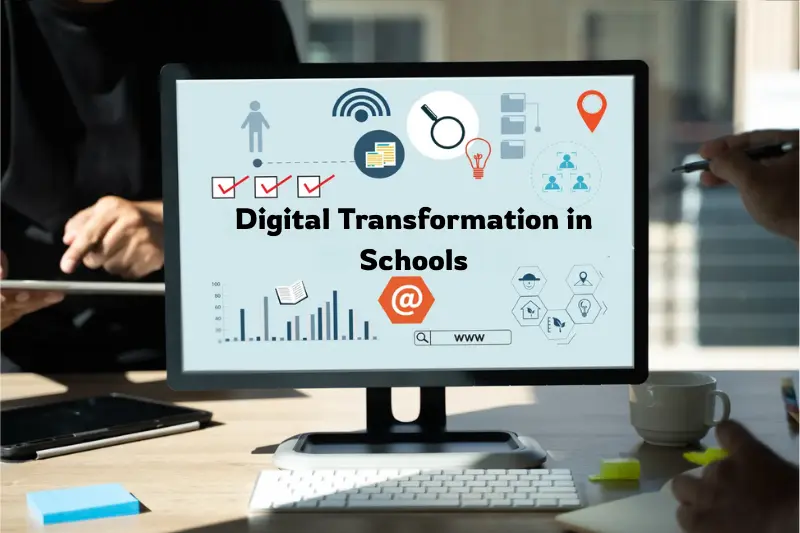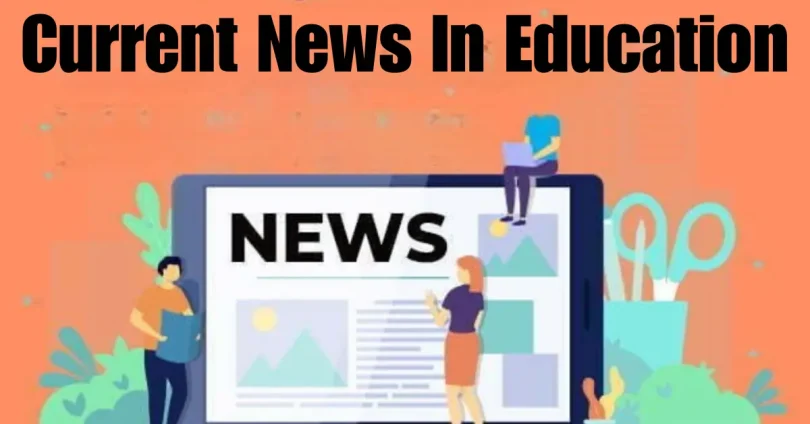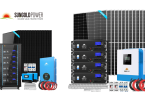The current news in education showcases a revolutionary phase in Pakistan’s academic ecosystem, emphasizing equity, innovation, and global competitiveness. With coordinated national policies, progressive provincial strategies, and cutting-edge digital adoption, the country’s education sector is undergoing long-overdue modernization.
As of 2025, significant efforts are underway to resolve decades-old issues and usher in a more inclusive, tech-savvy, and student-centric academic framework.
📌 Nationwide Uniform Examination Schedule

One of the most impactful headlines in the current news in education is the announcement of a unified exam schedule for matriculation (Class 10) and intermediate (Class 12) levels across all Pakistani boards. Historically, the disjointed exam calendars created confusion and inconsistencies in university admission processes.
This uniformity will:
- Ensure timely and synchronized announcement of results.
- Streamline the application process for higher education institutions.
- Create a level playing field for students from all provinces.
- Facilitate standardized merit-based admissions, especially for competitive fields like medicine, engineering, and law.
This move is being celebrated as a milestone toward creating a truly national education system that prioritizes fairness and transparency.
You may also like to read this:
Breaking News In Education: AI, Hybrid Learning & More
Education Sector News Today: Major 2025 Updates
Top 2025 Trends: Latest Educational News Updates
Latest Education Updates – What’s Changing In 2025
Latest Education Policy And Reforms News: Key Global Updates
🏫 Provincial Education Policy Reforms
Each province in Pakistan has taken significant steps to upgrade their educational policies. The current news in education reveals how provinces are tailoring their approaches while aligning with national goals.
Sindh Government Initiatives
The Sindh Education Department has launched reforms focused on reducing student workload and fostering inclusive content:
- Curriculum Reduction: For the 2025 board exams, only 75% of the syllabus will be evaluated. This 25% reduction is aimed at reducing academic pressure on students post-pandemic and enhancing conceptual learning.
- Textbook Review and Revisions: All government-issued textbooks are being reviewed. The goal is to eliminate discriminatory, biased, or outdated content and introduce more inclusive, progressive, and culturally sensitive materials that promote tolerance, diversity, and critical thinking.
Punjab Government Reforms
Punjab, the most populous province, is leading with structural and pedagogical reforms:
- New Academic Calendar: Starting from April 1, 2025, schools will follow a revised academic schedule. Annual exams will be held in March to accommodate university admission timelines more effectively.
- Updated Subject Weightage:
- Islamic Studies: Now assigned 100 marks and taught/examined in Class 9.
- Pakistan Studies: Also given 100 marks, now taught and examined in Class 10. These adjustments ensure that students have a deeper understanding of national values and civic responsibilities.
- Islamic Studies: Now assigned 100 marks and taught/examined in Class 9.
- Special Education and Teacher Training: A large-scale teacher training initiative targeting 5,500 educators is underway to ensure better support for children with special needs, learning disabilities, and inclusive classroom practices.
💻 Digital Transformation in Schools

The biggest shift in the current news in education is the digital transformation of the classroom experience. Punjab, in particular, is taking major strides in digital integration, thanks to partnerships with global tech giants.
Google and Gemini AI Integration
- Over 200,000 students in Punjab are being issued Digital Student IDs powered by Google’s Gemini AI platform.
- These IDs will provide:
- Personalized lesson plans.
- Online learning progress tracking.
- Access to safe, curated digital educational resources.
- Parental dashboards for monitoring student activity.
- Personalized lesson plans.
Digital Safar Program
- Introduced to improve digital literacy.
- Focus areas include:
- Online safety.
- Cybersecurity and responsible internet use.
- Basic coding and technical skills.
- Online safety.
- Aimed at preparing students for the 21st-century job market.
$200 Million Chromebook Manufacturing Deal
- Google has partnered with Allied Corporation Pakistan to produce 500,000 Chromebooks locally.
- Benefits:
- Makes technology affordable and accessible to underprivileged students.
- Supports local industry and reduces dependency on imports.
- Empowers teachers to adopt blended and online learning methods.
- Makes technology affordable and accessible to underprivileged students.
🌍 Global Support and Education Investment
The current news in education also reflects a renewed focus on international collaboration and foreign investment, crucial for long-term education sector sustainability.
World Bank – $20 Billion Investment
- A massive funding initiative has been launched to support:
- Education reforms.
- Renewable energy projects.
- Health and social services.
- Education reforms.
- A portion of this investment is earmarked for strengthening primary and secondary education in rural and underserved areas.
GRADES Project in Punjab
- The Girls Results and Development for Education Sustainability (GRADES) project has secured $150 million in funding.
- Key objectives:
- Improve early grade reading and numeracy skills.
- Encourage school attendance, particularly for girls.
- Reduce drop-out rates through conditional support programs and community engagement.
- Improve early grade reading and numeracy skills.
🏳️🌈 Inclusivity and Social Progress
Beyond policy and technology, the current news in education includes heartening efforts to promote social equity and vocational inclusiveness.
Transgender Education and Skill Training
- A free culinary training program for transgender individuals is being conducted in Lahore.
- This initiative is not just about learning to cook—it symbolizes:
- Dignity and respect.
- Economic empowerment for marginalized communities.
- Practical vocational skills that lead to self-reliance.
- Dignity and respect.
- It marks a progressive shift in national policy, recognizing the rights of all citizens to education and employment.
Conclusion
In conclusion, the current news in education highlights a bold and forward-thinking transformation of Pakistan’s academic sector. With synchronized exams, reduced curricula, enhanced digital access, increased global funding, and inclusive policies, the future of education in Pakistan is being reshaped to meet global standards.
These efforts demonstrate the collective resolve of the government, educational bodies, tech partners, and international organizations to elevate learning outcomes and ensure that no child is left behind. If sustained, these reforms could become the blueprint for education success in the developing world.
📘 FAQs
Q1: What is the most significant reform mentioned in the current news in education?
A: The most significant reform is the implementation of a nationwide uniform examination schedule for matric and intermediate levels across all boards in Pakistan. This change will help synchronize result announcements and simplify the university admission process.
Q2: How has the curriculum changed in 2025?
A: The Sindh government has reduced the curriculum by 25%, meaning only 75% of the syllabus will be assessed in board exams. This reduction aims to ease academic pressure and focus more on conceptual learning.
Q3: What is Punjab doing to modernize its education system?
A: Punjab has introduced multiple reforms including:
A new academic calendar beginning April 1.
A revised marking scheme for Islamic Studies and Pakistan Studies.
A teacher training program for 5,500 educators to promote inclusive education.
Q4: How is technology being integrated into schools?
A: Technology integration is a major focus in the current news in education. Key developments include:
Google-powered Digital IDs for students.
Chromebooks production through a $200 million partnership.
Launch of the Digital Safar Program to promote coding, online safety, and digital literacy.
Q5: What support is Pakistan receiving from international organizations?
A: Pakistan has secured major international support, including:
A $20 billion World Bank funding package for education and social sectors.
The GRADES Project, with $150 million focused on improving early grade learning and reducing dropout rates.







